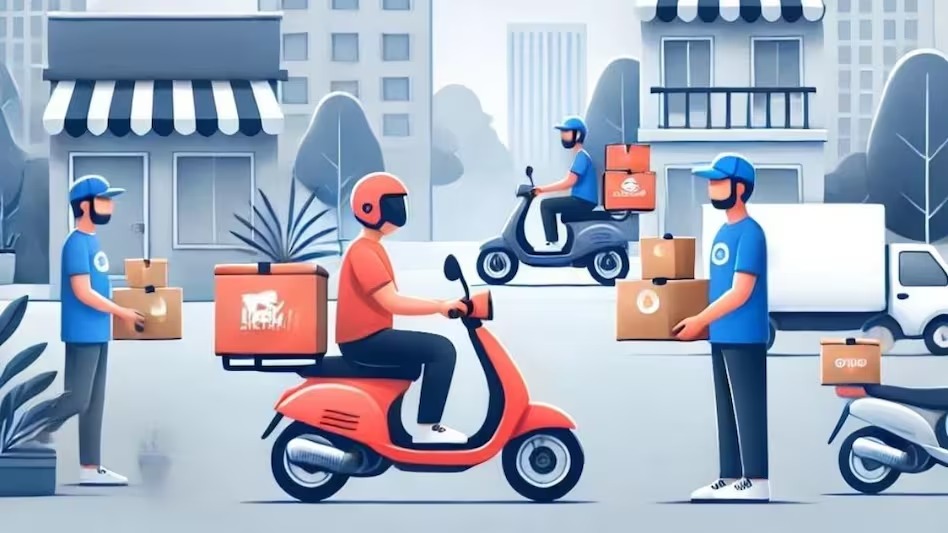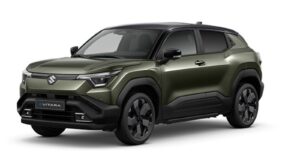
Meta Highlights E-Commerce Boom in India’s Smaller Cities and Rise of Quick Commerce
Meta has shared findings from two studies highlighting trends in India’s e-commerce sector, focusing on the rise of Quick Commerce (Q-Commerce) and increasing online shopping in smaller cities (tier-2 and tier-3). The studies reveal that AI personalization, social media influencers, and messaging apps are driving these changes.
Rise of Quick Commerce
The first study, conducted by GWI and commissioned by Meta, surveyed over 2,500 internet users aged 16–64 across India. Key findings include:
- Popularity of Q-Commerce: 90% of participants are aware of Q-Commerce services, and 50% used them in the past week.
- What People Buy: Groceries and personal care items are the top purchases, but niche products like skincare, wellness, and hair care are gaining popularity.
- Brand Discovery: 86% of users discovered new brands or products through Q-Commerce, which is more effective in driving purchases than other platforms.
Role of Social Media Influencers
Influencers are a key part of the shopping journey:
- Influencer Impact: Over a third of respondents discovered products through influencers, and 30% made purchases based on their recommendations.
- Gen Z Preferences: Among Gen Z, 87% found new brands on Meta platforms, with interest growing in categories like sportswear and pet supplies.
Online Shopping in Smaller Cities
The second study surveyed 2,182 internet users from tier-2 and tier-3 cities, showing a surge in e-commerce:
- Popular Purchases: Fashion, food, beauty products, and mobile devices are the most bought items online. For bigger items like jewelry and home furnishings, people shop both online and offline.
- Social Media Discovery: 68% of shoppers find products through social media, with Reels (59%) and influencers (57%) being especially effective.
- Messaging Apps: Over half of the respondents used messaging platforms like WhatsApp (95% usage rate) for shopping in the last year.
Influencer Impact in Smaller Towns
Influencers have a strong influence on buying decisions:
- Consumer Behavior: 46% of people following influencers said their buying choices were influenced by product promotions and comparisons shared by influencers.
Key Takeaways
The studies suggest smaller cities are set for significant e-commerce growth, driven by the ease of Quick Commerce and the impact of social media. Platforms like Meta are well-positioned to benefit from this trend, as AI-driven personalization and influencer engagement continue to shape consumer behavior. To capitalize on this growth, businesses need to adapt strategies to meet the changing preferences of consumers in smaller towns.








